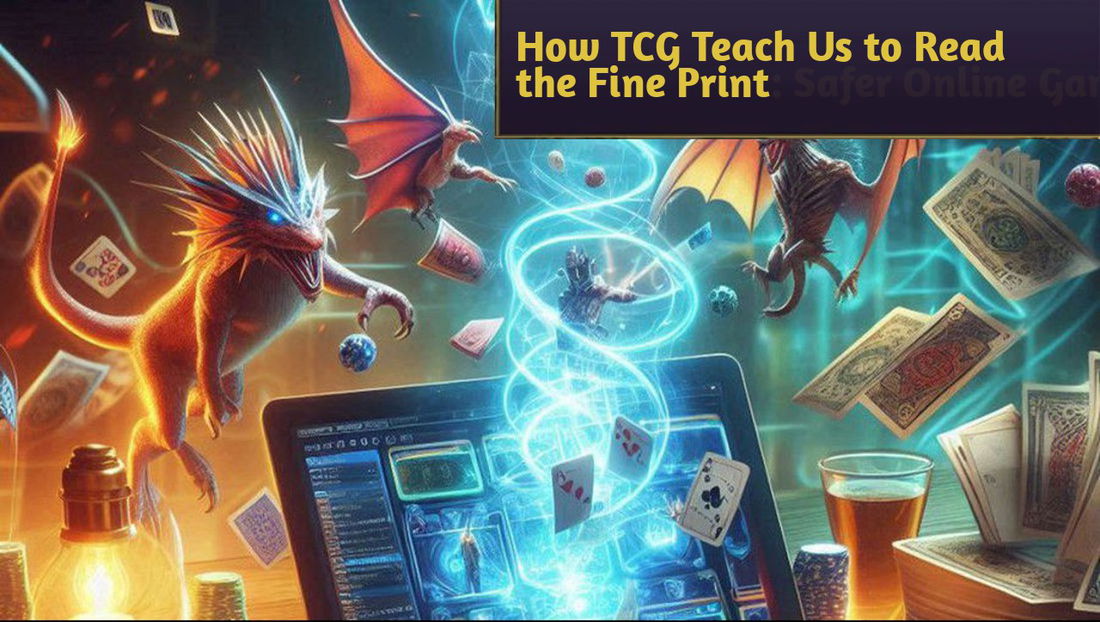By applying TCG principles to sports betting you can refine your approach, reduce risks and make better decisions. Below we outline key lessons from TCGs which translate directly to successful basketball betting.
1. Establish a Solid Foundation: Research and Prep Work
Competitive players in TCGs don't assemble cards haphazardly--they analyze metagame, top decks and test various strategies before committing to their builds. Basketball betting requires similar dedication; casual fans might just rely on intuition or their team preference but those seeking long-term success need to look deeper into data.
Consider, for example, knowing a team's offensive rating (points per 100 possessions). Knowing this number provides more insight than simply their average points per game score; betting the over on Indiana Pacers games might be smarter than picking them to win outright. Also important: when key players become injured it's wise to observe their performance within their absence--some squads might crumble immediately while others adapt well.
Research Areas in Basketball Betting:
● Team Efficiency stats (e.g., offensive/defensive ratings and pace of play)
● Impact Metrics (i.e., plus/minus, usage rate when an NBA star is away from the court)
● Situational trends (e.g., how teams perform on the second night of back-to-back games)
Ad
● Head-to-Head Record (some teams often struggle against particular opponents due to matchup issues)
Just as TCG players wouldn't bring an out-of-date deck to an important tournament, bettors shouldn't rely on last month's statistics when placing bets now.
2. Managing Resources: Bankroll and Value Bets
Mismanaging mana or exhausting your best cards too early in a TCG can cost you the game. The same principle holds in betting; poor bankroll management leads to quick losses even with solid picks. Beginners often make the mistake of betting too heavily on one game in hopes of finding big payouts, only to see all their funds consumed after just a few bad beats.
An effective bankroll strategy requires:
● Commit 1-2% of your bankroll per bet, so a losing streak won't destroy it all.
● Avoid Tilt Bets -- Emotionally driven wagers after an unexpected loss often lead to further chasing and bigger losses.
● Finding value, not winners--A +200 underdog may lose more frequently than they win, but with an estimated 40% chance to win, they may still represent a mathematically profitable bet over time.
Ad
Think of it like this: A card player saves their best cards for when the right moment arises - similarly, smart bettors conserve their best plays until the best opportunities present themselves, rather than force action every game.
3. Adjusting to the Meta: Reacting to Trends
TCGs feature an ever-evolving meta (the most effective tactics available), as new cards come out and players adapt. Basketball betting also has its own meta, with odds fluctuating depending on injuries, lineup changes and public betting patterns; thus requiring the best bettors not to stick rigidly to one strategy but adapt as new information emerges.
● Example of Injury Effects--With Trae Young out for extended period, Atlanta Hawks offensive may suffer severely and make their total under a more attractive bet.
● Schedule Spots--Teams playing four out of six nights away are more likely to underperform, particularly if playing at an unfamiliar venue.
● Market Overreactions--After an outright defeat, oddsmakers may overreact, offering value to the team that lost.
As TCG players may adjust their deck if the meta becomes unfavorable, smart bettors adapt their strategy based on current trends instead of relying on outdated assumptions.
4. Examining Opponents: Uncovering Public Perception
Ad
Skilled players of TCGs can predict their opponent's moves by recognizing patterns in their playstyle, but in betting, the opponent is often the general public--casual bettors who favor big-name teams, overreact to recent results, or follow media narratives rather than engaging in deep analysis. This provides valuable opportunities when odds become skewed.
As an example:
● Popular teams tend to become overvalued; Lakers and Warriors frequently experience increased betting lines as casual bettors place wagers regardless of the matchup.
● Recency bias distorts odds; when a team experiences three straight defeats, public sentiment could cause them to overbet against them even if those losses came against elite competition.
● Primetime games typically draw more casual money. Sunday night NBA games tend to feature tighter odds as bookies understand more bettors will gravitate toward popular games.
Successful bettors, like experienced TCG players, learn to "read the room" and leverage its biases rather than following blindly along.
5. Patience and Consistency Are Essential Components to Success in Long-Term Play
Winning a TCG tournament takes patience, dedication, and consistency; one loss due to bad luck should not dictate your destiny as an effective player over many rounds. Betting on basketball requires similar consideration; disciplined bets will likely lose sometimes, but disciplined processes lead to profit over time.
Ad
Habits to ensure long-term success:
● Tracking bets--Use a spreadsheet or betting app to keep an account of all of your bets, detailing why and if their rationale holds.
● Avoid revenge betting--Don't increase your unit sizes after experiencing a loss; stick to your original unit sizes instead.
● Stay Objective--When data indicates a team as being an ideal choice, don't give in to any emotional impulses to alter that prediction.
Just as a TCG pro won't give up after one bad tournament, an astute bettor recognizes that variance will even out over many bets if their strategy is sound.
Conclusion
Basketball betting, like trading card games, requires strategic thought and disciplined decision-making. By applying TCG principles--researching extensively, managing resources efficiently, adapting to trends quickly, reading the market well, and being patient--you can make smarter bets and increase long-term success. Thinking like a TCG player can give any fan or serious bettor an advantage in sports gambling's highly competitive world.





— commentaires
0Soyez le premier à commenter